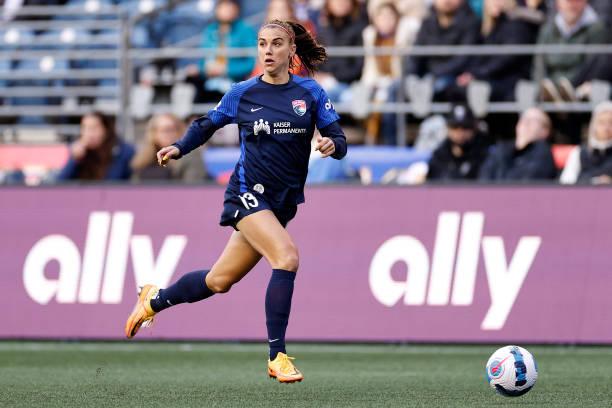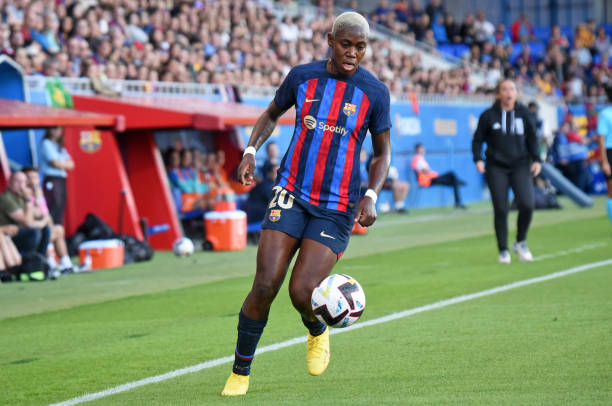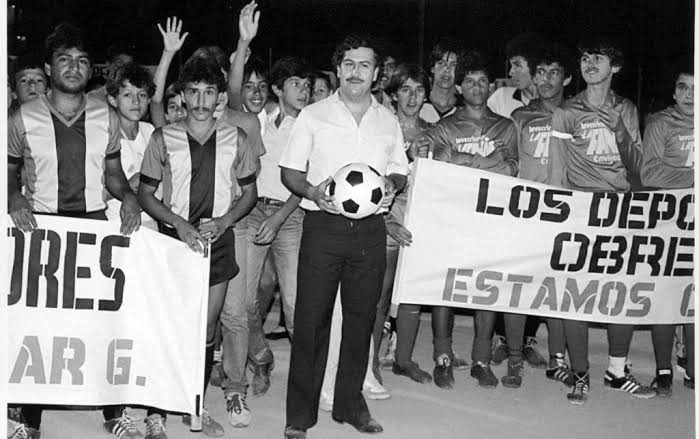Soccer is one of the most lucrative and competitive industries in the financial world. In the last 3 decades, global brands became desperate to try and tap into the huge marketing potentials of the round-leather game.
Maintaining a soccer club comes with huge costs, from transfer fees, to wages, and facilities. This, coupled with the need for success on the pitch, means clubs have to generate revenue from numerous sources.
Some of the ways teams make money include: match day revenue, stadium hiring fees, sponsorship deals, merchandise sales, TV broadcasting deals, player transfers, and prize money. The amount of money that a club can earn depends on their prestige and success, which significantly influences their commercial appeal.
In this article, TOP SOCCER BLOG highlights some of the methods by which soccer teams make money. Here’s how soccer teams make money.
Matchday sales
One of the major and primary ways that football clubs make money is from sales at each matchday.
The most notable being the sale of tickets. Clubs offer discounted tickets for the entire season, called season tickets.
A season ticket gives a fan the option of buying all home league tickets at once before the season starts.
Fans who could not afford season tickets can buy tickets before each matchday.
Furthermore, clubs with bigger stadiums make the most money. Apart from stadium capacity differences, the caliber of the competition, the importance of the match as well as corporate facilities can see the matchday tickets differ.
Apart from tickets, soccer teams also sell food and drinks on each matchday.
Commercial deals
Another major source of revenue generation for teams is through commercial deals and partnerships.
Clubs earn from sponsorship deals (such as shirt sponsorship deals), partnerships, and other commercial activities such as tours and friendly matches.
Commercial revenue also includes retail, merchandising, and any income generated from third-party brands.
Due to the marketing appeal of soccer teams, brands pay a lot of money for kit sponsorships, stadium naming rights, shirt sponsorships, and sleeve sponsorships.
Shirt sales
Fans jostle to get their copies when clubs release new kits ahead of every new season. Clubs have capitalized on this income stream in recent decades and try to redesign their kits to entice buyers.
Also, when a club makes a superstar signing, fans battle to get a replica of the player’s jersey.
For example, when Juventus signed Cristiano Ronaldo from Real Madrid, Adidas (their shirt sponsors) sold around 500,000 replicas of Ronaldo jerseys within 24 hours.
TV broadcasting rights
Football is the most popular sport in the world; hence, television rights are so hotly contested between the companies that can afford it.
Each league owns the television distribution rights of all games, and they sell these rights to TV companies like Sky Sports, BT Sport, and DAZN.
Digital platforms like Amazon Prime Video are not left out too.
These TV companies, in turn, sell the rights to smaller companies and advertisers, who ride on the popularity of the league to promote their own brands.
Soccer clubs also get a portion of the TV broadcasting revenue.
After rebranding in 1992, the English Premier League set the pace as far as TV rights is concerned in the soccer world.
The launch of the Premier League on Sky Sports saw the introduction of subscription-based broadcasting. Other football leagues across the world copied this system.
Being the most watched soccer league in the world, the Premier League is the most valuable on the planet.
International broadcasting rights for the Premier League were valued at £40m in 1992; they are now worth an estimated £5.3bn in 2023.
From 2015 to 2019, £5.1bn was paid by BT Sport and Sky to cover the league. The money is shared equally between clubs, so £81 million per season was paid to each Premier League club during that period.
Player Transfers
Selling a single player can earn a football club a massive amount of money. Teams even add a future sell-on fee into the contract to earn a percentage when the player makes a big transfer later.
Benfica sold Enzo Fernández to Chelsea for £107 million ($131m) during the 2023 January transfer window.
This is a significant profit because Benfica signed him in June 2022 for just £9m ($11m).
He played only 29 games for the Portuguese giants, but his performances for Argentina at the 2022 FIFA World Cup in Qatar saw his profile rise.
Prize money
Soccer teams also earn from prize money for winning leagues, championships, and tournaments.
The prize money varies according to the prestige of the competition.
Winners of the 2022 FIFA World Cup received $42m, while winning the English Premier League last season fetched £162m, and the UEFA Champions League winners got €20m.
New ownerships
Whenever new owners purchase a new team, they will inject a substantial amount of money into the club, which in turn allows the club to spend large amounts of money on new players, staff, facilities, and other expenses.
Roman Abramovich set the trend when he purchased Chelsea in 2003. Clubs like Manchester United, Manchester City, PSG, and Newcastle United have had similar experiences.
When Abramovich sold Chelsea to a Todd Boehly-led consortium, the new owners even took money lavishing to a whole new level — spending more than £600m in less than a year!
Sadly, there is a huge gap between soccer teams at the top of the pyramid compared to those at the bottom in terms of revenue generation.
The 20 clubs in the English Premier League earn more than the clubs in the various lower divisions combined, while those that qualify for European competitions earn even more than the rest in the top flight.
YOU SHOULD ALSO READ:








